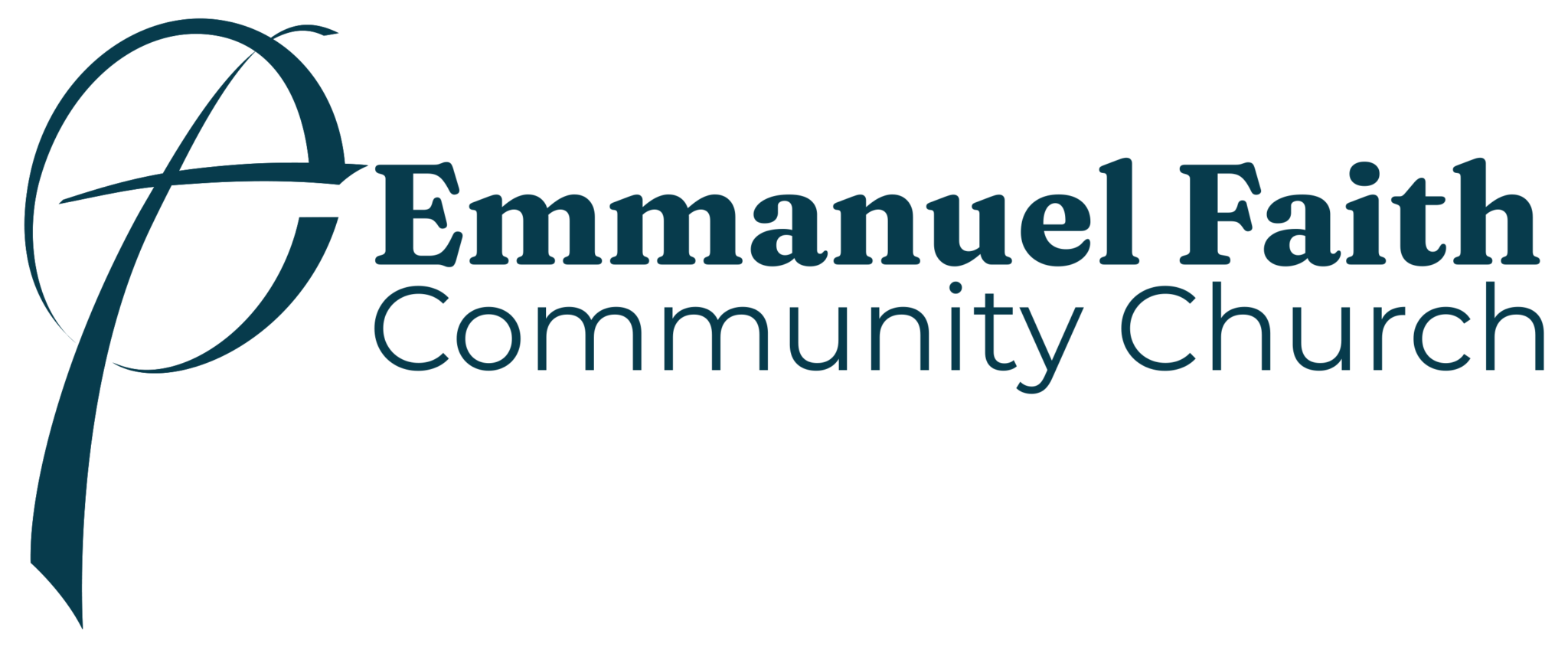I can remember driving to the appointed spot where we were going to meet the students that we’d spend the following week with on the trail. There was always excitement and a bit of trepidation. As guides, we came armed with a compass, a map, and a plan. We had an idea of the twists and turns we wanted the group to make, the miles we wanted to cover, and the peak we wanted to summit. But we also knew that the trail wasn’t about the destination and getting to all the right points on the map, it was about the journey. The journey of becoming; the journey of transformation.
I think that’s the way the ancient Jewish journey guides viewed their annual voyages to Jerusalem. See, there were three times during the year that Jewish families would make a pilgrimage to the Holy City: Passover (spring), Pentecost (early summer), and Tabernacles (autumn). Imagine traveling with a large group from your hometown, making your way toward Jerusalem to worship God; think of all the mishaps, inside jokes, and challenges along the way. The journey wasn’t just about getting to the Temple, it was about becoming the kind of people who hosted God’s presence and walked in his way. The trek was about encounter, worship, and formation.
The longer I live, the more I’m convinced that life is a journey, and the goal is not simply to get from one destination to another, it’s to become certain kinds of people. The ancient Jewish people believed that too, that’s why they had a “dog-eared songbook” that accompanied them on the journey to Jerusalem. Their songbook was a collection of psalms called the Psalms of Ascent – Psalms 120-134. These psalms give language to the soul that recognizes that it’s in-between point A and point B and the poems acknowledge that who we’re becoming on the journey is more important than arriving.
In many ways, these psalms give texture and dynamic to Paul’s statement, “Not that I have already obtained this or am already perfect, but I press on to make it my own because Christ Jesus has made me his own. Brothers, I do not consider that I have made it my own. But one thing I do: forgetting what lies behind and straining forward to what lies ahead, I press on toward the goal for the prize of the upward call of God in Christ Jesus.” (Philippians 3:12-14) Notice how Paul points out that he’s continuing to push and progress, he doesn’t view himself as one who has arrived.
These poems are about pressing on. They’re about recognizing that none of us have arrived yet. They’re about engaging the journey that we call life and embracing it with all of its pain, detours, flat tires, and pitstops. They’re about ascending the mountain to meet with God and becoming more like him as we do. These psalms are about the journey of discipleship. Take some time today and reflect on the journey of your life. What are some of the high points and low points? How have you seen God in both?
Ryan Paulson
Lead Pastor

